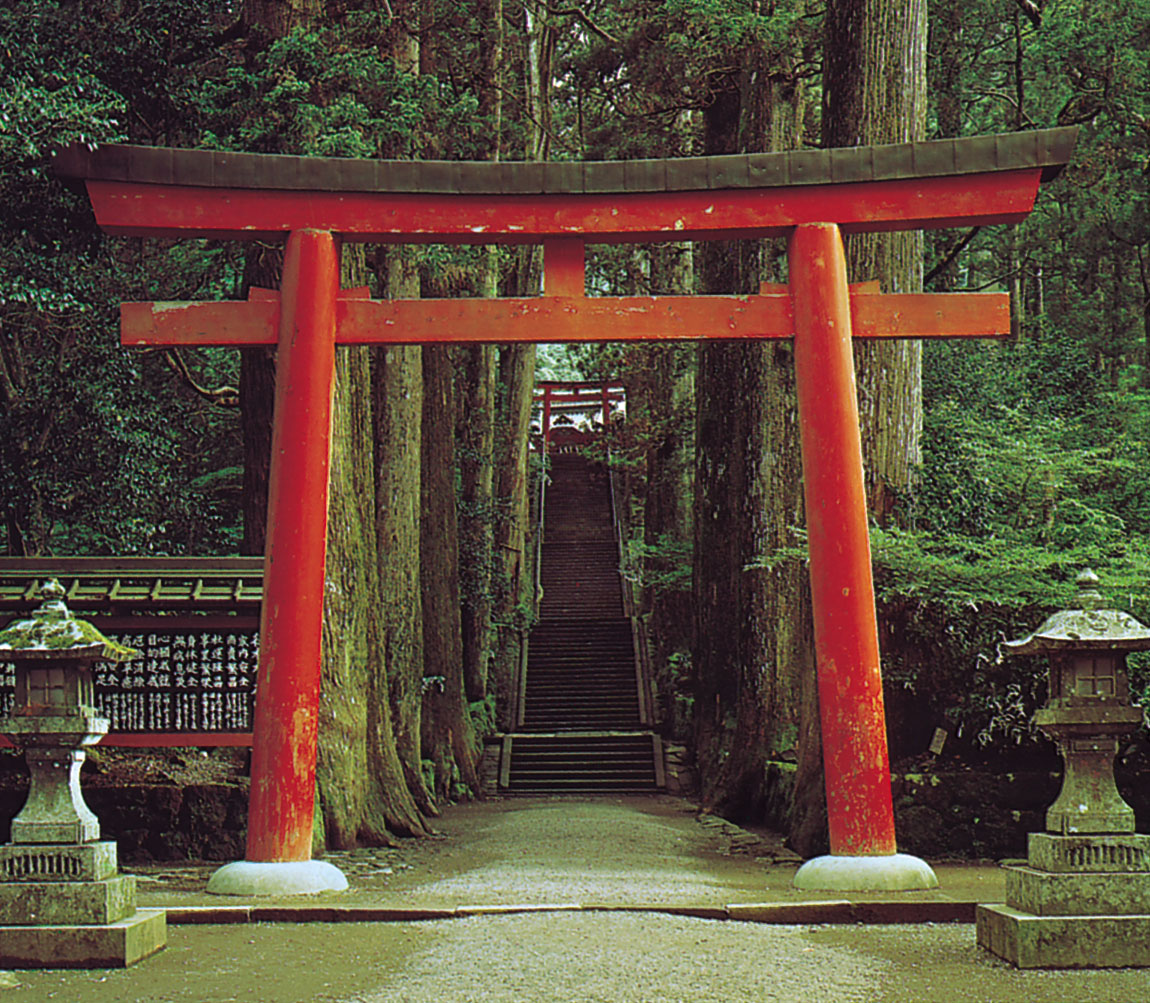
Words teaches students to explore the meaning and, significance of texts via close reading and, analysis, and to express that analysis orally and, in writing.
In this section of Words, we will critically examine the subject of religion in Japan. Japan is variously described as either the most secular or the most spiritual country on earth. Such observations should prompt us to critically reflect on what we mean by words like “religious,” “spiritual” or “secular.”
In this course, we will survey diverse examples of religion in Japan, including a prehistoric shaman-queen, a shape-shifting dragon-girl from an Indian sutra, a hidden Christian community, an apocalyptic healing cult, an ascetic monk, a Buddhist mortician, a tour-bus pilgrimage, and an anime film. As we examine the intersection of Japanese religion with gender, statecraft, capitalism, and national identity, we will draw sources and analytical insights from the fields of history, sociology, anthropology and religious studies.
In this section of Words, we will critically examine the subject of religion in Japan. Japan is variously described as either the most secular or the most spiritual country on earth. Such observations should prompt us to critically reflect on what we mean by words like “religious,” “spiritual” or “secular.”
In this course, we will survey diverse examples of religion in Japan, including a prehistoric shaman-queen, a shape-shifting dragon-girl from an Indian sutra, a hidden Christian community, an apocalyptic healing cult, an ascetic monk, a Buddhist mortician, a tour-bus pilgrimage, and an anime film. As we examine the intersection of Japanese religion with gender, statecraft, capitalism, and national identity, we will draw sources and analytical insights from the fields of history, sociology, anthropology and religious studies.
- Teacher: Jessica Starling